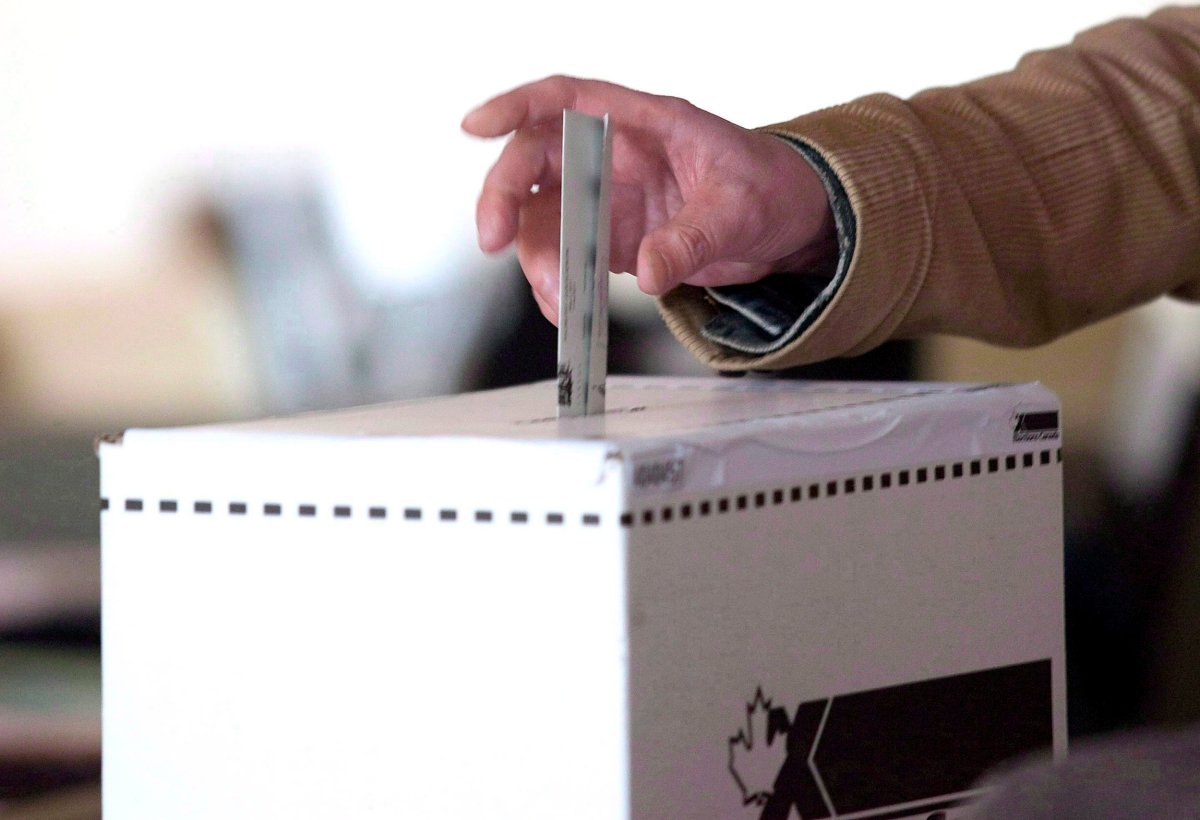OTTAWA – Junior staffer Michael Sona “boasted” to witnesses in the robocalls investigation he had been involved in a “scheme to trick voters” in relation to the May 2011 election, including buying a burner phone and misleading Liberal supporters, reveal court documents that can be now be reported.

Justice Célynne Dorval on Wednesday lifted a publication ban on all but six witnesses’ names, after three media organizations including Global News challenged the ban on a May court document detailing witness testimony about Sona’s alleged involvement in the calls.
Dorval will rule Friday on whether the names of the witnesses, all once employed by the Conservative party or by parliamentarians, can be published before the case goes to trial. Sona and his lawyer Norm Boxall support lifting the publication ban.
The documents outline the testimony of two witnesses who say Sona visited them about a week to 10 days after the May 2, 2011 election and told them about his involvement in robocalls that misdirected voters to the wrong polling stations in Guelph, Ont.
Sona, who was in Ottawa court Wednesday, has been charged with violating the Elections Act and faces a $5,000 fine and up to five years in prison. He has said he is innocent and is a scapegoat of the Conservative Party of Canada.
The Conservative party says it ran a clean and ethical campaign in Guelph and was not involved in the robocalls.
The documents show that six witnesses described conversations to Elections Canada investigators that they had with Sona.
- What is a halal mortgage? How interest-free home financing works in Canada
- Capital gains changes are ‘really fair,’ Freeland says, as doctors cry foul
- Budget 2024 failed to spark ‘political reboot’ for Liberals, polling suggests
- Montreal UN aviation workers busted in China-Libya drone sale conspiracy
Two witnesses said Sona “boasted” about misleading Liberal voters and described him as “bragging” about his involvement.
Two of the witnesses said Sona visited them in a Member of Parliament’s office about a week after the election and described his involvement in the robocalls to mislead Liberal votes.
“He went on to talk about how he had been involved in these robocalls,” one woman told investigators.
“He had a friend or an acquaintance of some sort that, according to him, owed him a favour. And so that – he then approached that individual, requesting the names and phone numbers of Liberal voters in hopes to use them on a robo-type call to do with Elections Canada.”
The same witnesses said Sona and someone else used a program to make the calls and addressed themselves as Elections Canada, notifying voters their voting location had changed.
Another witness said Sona told him he “had been involved in a scheme to trick voters” and spoke of a disposal phone and went online to make calls to voters that their polling station had been changed to a “rundown mall.”
Both said they were unsure about whether to believe Sona’s account.
Another witness interviewed in March 2012 told investigators Sona told him he got a prepaid credit card from a gas station, a burner phone and hooked up a “daemon dialler.”
He said Sona obtained a list by impersonating someone from the Liberal campaign and had registered the phone to 1 Separatist Street, Joliette, Quebec. It is the same fictional address used by the infamous Pierre Poutine, the name used by whoever registered the phone.
A fourth witness said Sona told him of “prank calls” to Liberal supporters, “but in no way did he say that he had any systematic form of voter suppression involved.”
But two witnesses said Sona was prone to exaggeration and were not sure whether to believe his account.


Comments